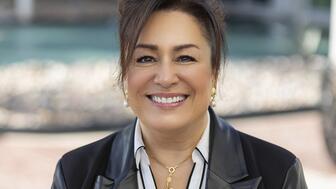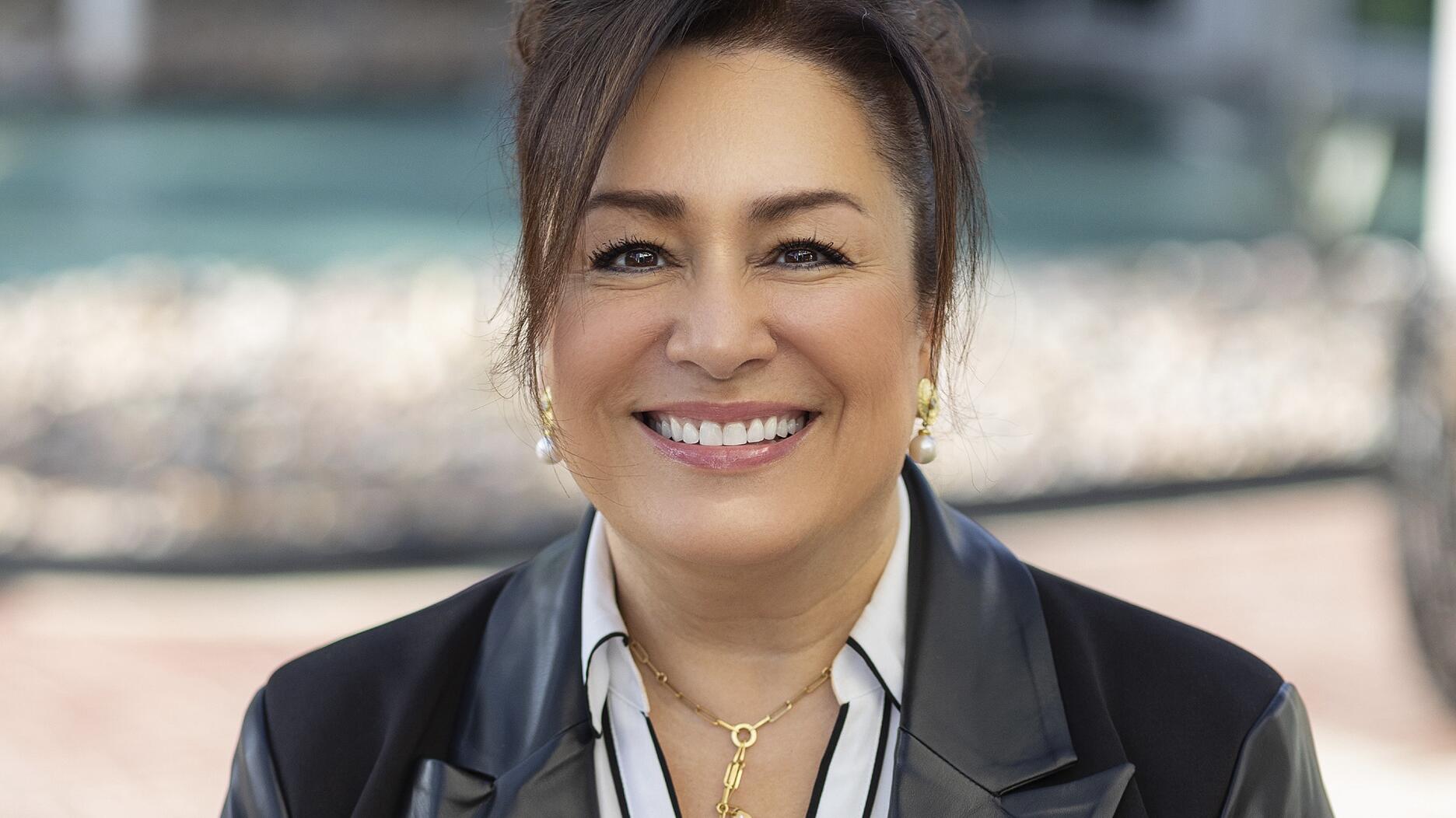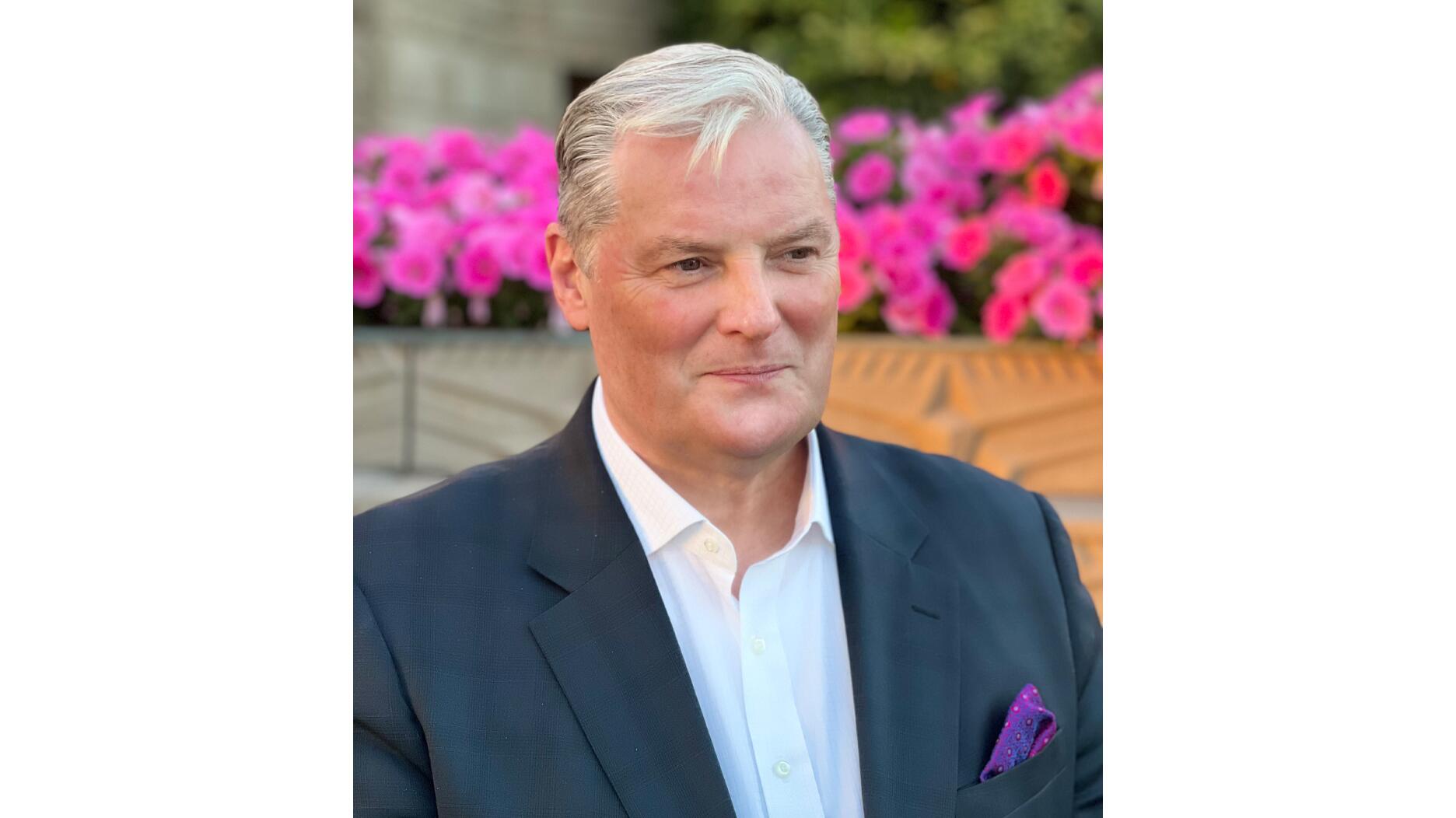Peter Smith: Sales Training’s Dirty Little Secret
Peter Smith pulls back the curtain on the often misinterpreted, and sometimes maligned, world of sales training.

Achor’s words could be a metaphor for business, but I believe they send a particularly strong cautionary note on the much misinterpreted, sometimes maligned, and occasionally mysterious discipline of sales training.
Experience Is Not Competence
The very title itself—sales training—is often a catch-all for all training delivered by in-house and outside practitioners who claim sufficient pedigree to speak on the subject.
In some instances that pedigree is born of tenure, having done it for years; in some cases, it is born of credentials, they know a lot of stuff about … well, stuff.
Therein lies the first disconnect.
Doing something for a long time may be nothing more than a testament to your persistence in repeating your first year again and again in the mistaken belief that what you are doing is effective.
“As with any role, or profession, we all know people who do just enough to keep their heads above water without ever really making a difference.” — Peter Smith
A cynic, of course, might think that if it didn’t work, the practitioners would long since have been exposed as ineffective teachers, perhaps even frauds. But it doesn’t quite work that way.
As with any role, or profession, we all know people who do just enough to keep their heads above water without ever really making a difference.
They benefit from what the psychologists call the status quo bias, i.e., “I’ve used him before, so I’ll just keep on keeping on.”
There’s also the not-insignificant matter of having a different voice talking to your people.
No matter how effective an in-house trainer or manager is, there is always the danger of the “Charlie Brown teacher effect,” where people simply tune out the same familiar refrain.
Anders Ericsson devoted his life’s work to the practice of expert performance.
He (not Malcolm Gladwell) coined the term 10,000 hours, and the basic premise that if you practiced something for 10,000 hours, you would reach expert status.
Unfortunately, Ericsson’s work was widely misinterpreted as it took root in popular culture. People began to conflate experience with expertise when, in fact, there is no guarantee that the former feeds the latter.
What Ericsson’s work actually revealed was that practitioners needed to spend 10,000 hours in a growth mindset, dedicating themselves to learning more, stretching at the edges of their abilities, and continually putting themselves in uncomfortable situations for the purpose of learning.
The very principle of expert performance is an amalgam of intellect, attitude, and psychology, not, as many would have us believe, a consequence of being in a job or industry for 10 years or more, as though that fact alone, with heaps of osmosis, makes you an expert.
Product Training Is Not Sales Training
The single biggest disconnect is that delivering “product” training imbues the listener with the necessary tools to perform a sales function with confidence and the expectation of sustained success.
Product training is not sales training and, while we are always better served if our people have product training, knowing more about products does not make you an expert, or, regrettably in some cases, even a functional salesperson.
I’ve seen very little correlation between top sellers and those who have the most product knowledge.
In fact, I can point to credible statistical information that shows an inverse relationship between product experts and sales experts.
In short, those who know the most often sell the least.
Sales Training’s Dirty Little Secret
If you search the words “sales training books” on Amazon, you’ll get more than 60,000 results.
If you add to that all the sales podcasts, training courses, sales classes, and speakers of all shapes and sizes, you quickly comprehend the enormous scale of an industry gorging on the idea that we can make anyone into a salesperson if we spend enough money on training content.
The inherent premise of the concept is that we can take anyone to the promised land of sales performance.
It is simply not true that you can make anyone, regardless of their innate wiring, and turn them into a salesperson.
I don’t care how big the sales training industry is, or how many voices in the choir preach to the contrary, you can’t do it, I can’t do it, and they can’t do it.
There are critical and foundational traits and wiring that must be in place for a given individual to become a star salesperson.
Those traits are a topic for another column, but they are largely innate and the most well-designed and well-intended sales training is not going to rewire those traits. They are largely genetic and certainly influenced by experience and environment thereafter.
That said, those traits are based on what the psychologists call the “big five”—openness, conscientiousness, extroversion, agreeableness, and neuroticism.
While we all exist on a continuum of each of those five, neither a full-time extrovert nor a 24/7 introvert, the traits have proven to be remarkably stable over time and resistant to well-meaning attempts to change them.
We can take an introvert and help them manage their anxiousness about speaking in front of a large audience.
However, they will soon exhaust their reserves of energy in doing so and will need to get back to their (introverted) baseline to recover.
Likewise, we can take a salesperson who lacks resilience and coach them on the merits of keeping a customer’s rejection (“no thanks, I’m just looking”) in perspective and not allowing it to derail them.
However, continued exposure to what they perceive as rejection will have a neurological impact no matter how consistently you coach otherwise, and they will need to protect themselves accordingly.
Unfortunately, the best way to do that is by not asking for the sale. No ask, no rejection. Just pepper the customer with evermore product information, accompanied by big smiles (both matter), and hope for the best.
In “Innate: How the Wiring of Our Brains Shapes Who We Are,” Kevin J. Mitchell wrote, “It is certainly possible to change our behaviors—with enough effort, you can break a habit or overcome an addiction. And that may be a perfectly laudable and worthwhile goal in many circumstances. But there is little evidence to support the idea that we can really change our personality traits that we could, for example, learn to be biologically less neurotic or more conscientious.
“You may be able to learn behavioral strategies that allow you to adapt better to the demands of your life, but these are unlikely to change the predispositions themselves.”
So, if you’re still reading, you might be asking yourself, “Should I no longer invest in training? And wait a minute, doesn’t the author of this column provide sales training?”
The answer is no and yes.
And Now, Some Good News
You should continue to invest in sales training and yes, the author does provide sales masterclasses, sales breakfasts, etc.
Changing your perspective on training, however, can be helpful to you and beneficial to your salespeople.
Recognize that “sales training” is fundamentally different than “product training” and a focus on the former is essential if you expect better sales results.
Recognize that not everyone who sells themselves as a “sales training guru” is as advertised.
Have they evolved to include advances in psychology and human behavior in recent years or are they still plugging along doing what has “worked” for years?
Rather than believing you can turn a non-salesperson (no sales wiring) into a salesperson, accept that while you cannot, the right training can make every salesperson a slightly better version of themselves.
Your weakest producer will not suddenly develop into a sales star, but learned behaviors on psychological principles can make him better, despite his innate shortcomings.
And, of course, while incremental gains are always important for even your least productive people, they can be game changers for your top performers.
I’ve made a habit of studying top sales performers throughout my career and one common trait they share is a hunger for more—more sales, more recognition, more money, more learning.
If everyone becomes a better version of themselves, it will shift your entire sales paradigm in a forward direction.
The subject of sales psychology is a rich landscape of deliverables and in the right hands, will not only inform but also inspire people to think about sales in an entirely different way.
It empowers people to take ownership in the very areas that most improve their customer engagement and, ultimately, their sales.
In “Clear Thinking, Turning Ordinary Moments Into Extraordinary Results,” Shane Parrish wrote, “You can’t change your biological instincts, the inborn tendencies that resist any attempt to change them. Just because you can’t change them, however, doesn’t mean you can’t manage them.”
When all is said and done, there’s good business to be had in those teachings.
Happy New Year and happy retailing!
The Latest

The White House issued an official statement on the deal, which will eliminate tariffs on loose natural diamonds and gemstones from India.

Entries for the jewelry design competition will be accepted through March 20.

The Ohio jeweler’s new layout features a curated collection of brand boutiques to promote storytelling and host in-store events.
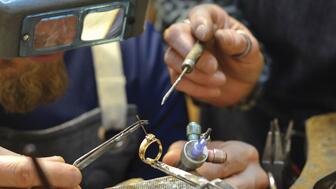
Launched in 2023, the program will help the passing of knowledge between generations and alleviate the shortage of bench jewelers.

From heart motifs to pink pearls, Valentine’s Day is filled with jewelry imbued with love.


Prosecutors say the man attended arts and craft fairs claiming he was a third-generation jeweler who was a member of the Pueblo tribe.
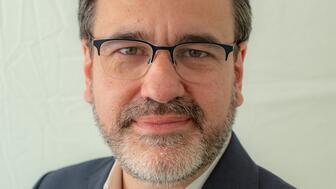
New CEO Berta de Pablos-Barbier shared her priorities for the Danish jewelry company this year as part of its fourth-quarter results.

Criminals are using cell jammers to disable alarms, but new technology like JamAlert™ can stop them.
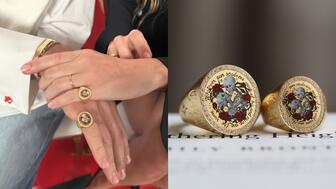
Our Piece of the Week picks are these bespoke rings the “Wuthering Heights” stars have been spotted wearing during the film’s press tour.

The introduction of platinum plating will reduce its reliance on silver amid volatile price swings, said Pandora.

It would be the third impairment charge in three years on De Beers Group, which continues to grapple with a “challenging” diamond market.


The Omaha jewelry store’s multi-million-dollar renovation is scheduled to begin in mid-May and take about six months.

The “Paradise Amethyst” collection focuses on amethyst, pink tourmaline, garnet, and 18-karat yellow gold beads.

The retailer credited its Roberto Coin campaign, in part, for boosting its North America sales.

From how to get an invoice paid to getting merchandise returned, JVC’s Sara Yood answers some complex questions.

Amethyst, the birthstone for February, is a gemstone to watch this year with its rich purple hue and affordable price point.
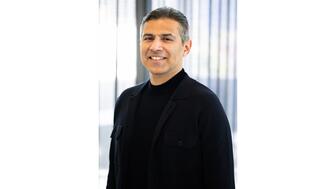
The Italian jewelry company appointed Matteo Cuelli to the newly created role.

The manufacturer said the changes are designed to improve speed, reliability, innovation, and service.

President Trump said he has reached a trade deal with India, which, when made official, will bring relief to the country’s diamond industry.

The designer’s latest collection takes inspiration from her classic designs, reimagining the motifs in new forms.
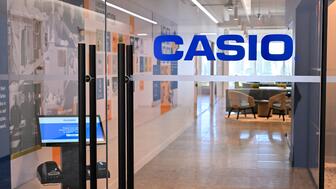
The watchmaker moved its U.S. headquarters to a space it said fosters creativity and forward-thinking solutions in Jersey City, New Jersey.

The company also announced a new partnership with GemGuide and the pending launch of an education-focused membership program.
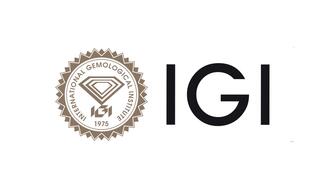
IGI is buying the colored gemstone grading laboratory through IGI USA, and AGL will continue to operate as its own brand.

The Texas jeweler said its team is “incredibly resilient” and thanked its community for showing support.

From cool-toned metal to ring stacks, Associate Editor Natalie Francisco highlights the jewelry trends she spotted at the Grammy Awards.

The medals feature a split-texture design highlighting the fact that the 2026 Olympics are taking place in two different cities.

From tech platforms to candy companies, here’s how some of the highest-ranking brands earned their spot on the list.




